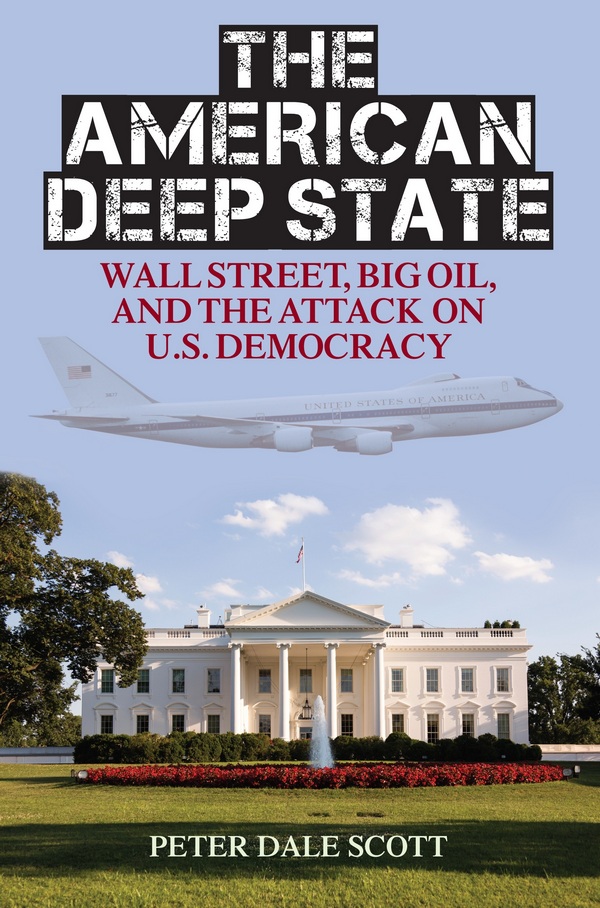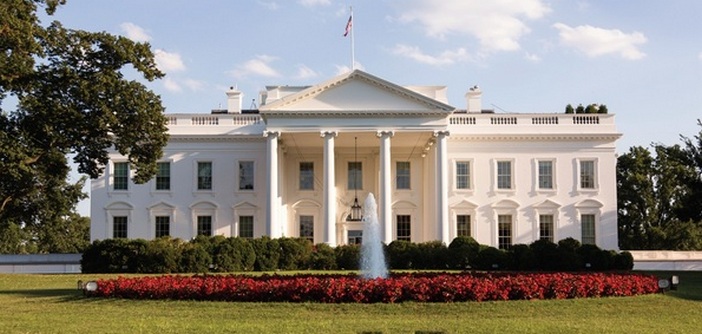 This provocative book makes a compelling case for a hidden “deep state” that influences and often opposes official U.S. policies. Prominent political analyst the author begins by tracing America’s increasing militarization, restrictions on constitutional rights, and income disparity since the Vietnam War.
This provocative book makes a compelling case for a hidden “deep state” that influences and often opposes official U.S. policies. Prominent political analyst the author begins by tracing America’s increasing militarization, restrictions on constitutional rights, and income disparity since the Vietnam War.
He argues that a significant role in this historic reversal was the intervention of a series of structural deep events, ranging from the assassination of President Kennedy to 9/11. He does not attempt to resolve the controversies surrounding these events, but he shows their significant points in common, ranging from overlapping personnel and modes of operation to shared sources of funding.
Behind all of these commonalities is what the author calls “the deep state”: a second order of government, behind the public or constitutional state, that has grown considerably stronger since World War II. He marshals convincing evidence that the deep state is partly institutionalized in non-accountable intelligence agencies like the CIA and NSA, but it also includes private corporations like Booz Allen Hamilton and SAIC, to which 70 percent of intelligence budgets are outsourced.
Behind these public and private institutions is the traditional influence of Wall Street bankers and lawyers, allied with international oil companies beyond the reach of domestic law.
With the importance of Gulf States like Saudi Arabia to oil markets, American defense companies, and Wall Street itself, this essential book shows that there is now a supranational deep state, sometimes demonstrably opposed to both White House policies and the American public interest.
L’État profond américain
La finance, le pétrole et la guerre perpétuelle
par Peter Dale SCOTT
 S’appuyant sur plus de quatre décennies de recherches, l’auteur offre une analyse inédite de « l’État profond américain », un système informel et méconnu, dont l’influence sur l’histoire contemporaine est absolument majeure. En dehors du cadre légal, celui-ci conditionne secrètement les politiques officielles de Washington – voire les contredit ou les neutralise.
S’appuyant sur plus de quatre décennies de recherches, l’auteur offre une analyse inédite de « l’État profond américain », un système informel et méconnu, dont l’influence sur l’histoire contemporaine est absolument majeure. En dehors du cadre légal, celui-ci conditionne secrètement les politiques officielles de Washington – voire les contredit ou les neutralise.
Observateur politique de premier plan, l’auteur décrit le processus de militarisation croissante des États-Unis, en particulier depuis le 11 septembre 2001. Il explique également l’origine de la « dérive sécuritaire » (écoutes et surveillance illégales, détentions arbitraires massives, usage de la torture, assassinats ciblés) et de l’accroissement des inégalités de revenus que connaît le pays depuis la guerre du Vietnam.
L’État profond constitue aujourd’hui un système quasi institutionnalisé par des agences, telles la CIA et la NSA, qui échappent au contrôle démocratique. Mais il ne se limite pas à ces services secrets, et l’auteur décrit notamment l’influence extrême d’entreprises privées telles que Booz Allen Hamilton (l’ex-employeur d’Edward Snowden) et la SAIC, 70 % des budgets du renseignement aux États-Unis étant aujourd’hui sous-traités.
Derrière ce système opaque, où la distinction entre « public » et « privé » se révèle de plus en plus ténue, il retrace l’influence traditionnelle des banquiers et des avocats de Wall Street, alliés aux « supermajors », les plus grandes compagnies pétrolières internationales. Il explique ainsi comment les pétromonarchies du Golfe persique, les entreprises de défense états-uniennes et Wall Street ont ensemble et progressivement formé un État supranational, qui mène des politiques parfois radicalement opposées aux intérêts nationaux des États-Unis, de son peuple et de ses institutions.





